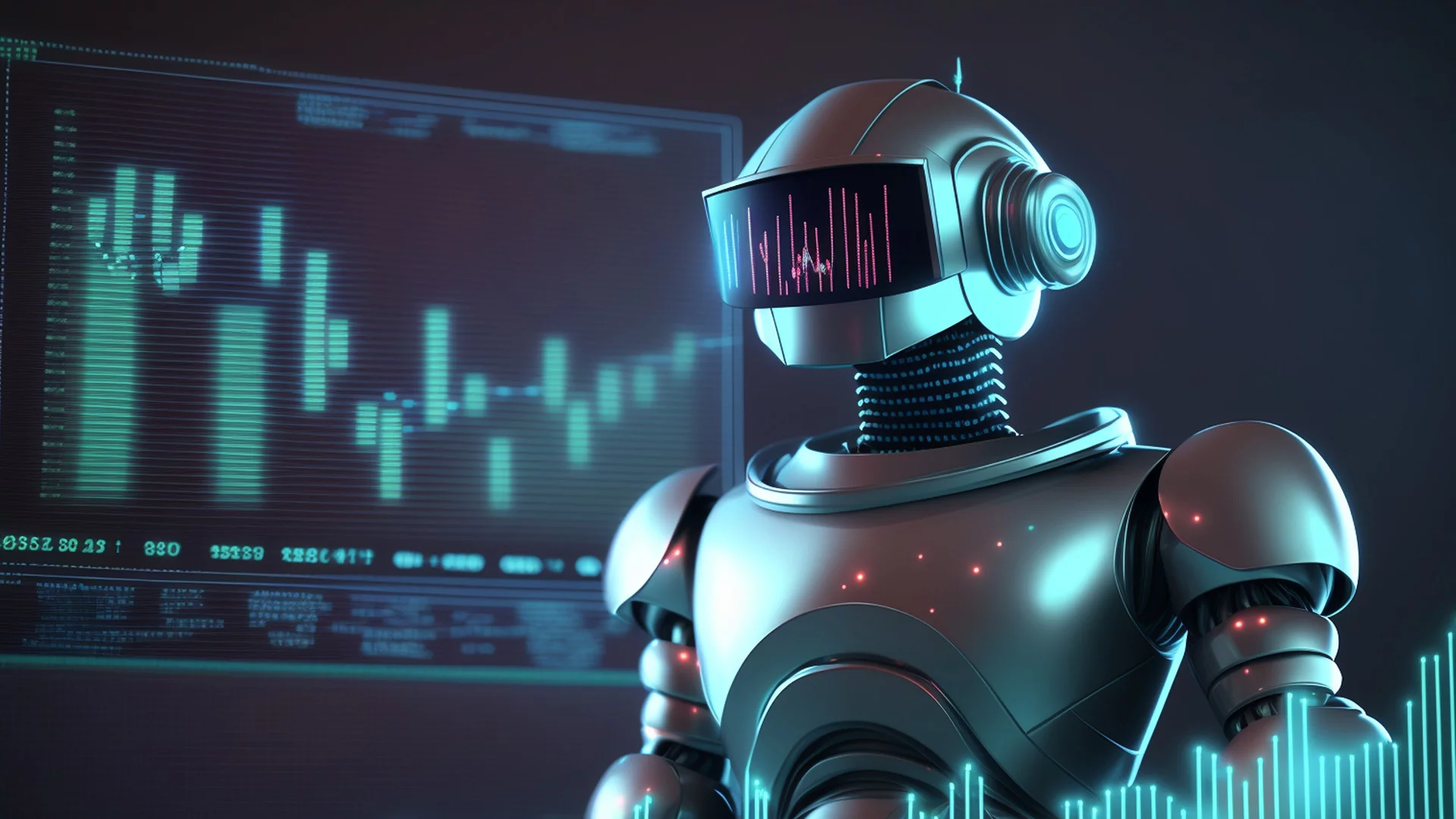Artificial Intelligence (AI) is reshaping every industry in world. Finance is also being in discussion and for financial technology there is AI trading software. From Wall Street to individual retail investors, AI trading applications are now playing a crucial role. In this article, we’ll explore how AI is revolutionizing trading. The AI trading applications are available and what future holds for this technology.
What Is AI Trading Software?
AI trading software are programs and platforms that utilize machine learning, natural language processing (NLP), and other AI approaches to interpret market data. Forecast trends and make automatic trading decisions. In contrast to traditional trading systems that are very reliant on human instincts. AI trading systems learn from experience and construct decision-making processes.It means that AI trading application can adapt market conditions. It can recognize complexities and make decisions with less human intervention.
How AI Trading Applications Works
Most AI trading systems use past data and real time market feeds to predict market behavior. Here is an overview of how they work
- Data Collection
AI systems gather structured and unstructured data. - Data Processing & Analysis
Using analytics and machine learning models. Identify trends, correlations, and anomalies in data. - Strategy Development
AI develops trading strategies based on analysis. - Trade Execution
AI trading software can automatically execute trades often faster and accurate than human. - Continuous Learning
Post trade data is analyzed for strategies that enhances performance over time.
Popular Types of AI Trading Applications
There are many forms of AI trading applications; each caters different types of users and markets
1. Retail Trading Platforms
Platforms like Trade Ideas, Meta Trader with AI plugins and Tinkr allow individual investors to benefit from software and applications. These tool help retail traders make more informed decisions with less knowledge.
2. Institutional Trading Systems
Firms like Citadel, Renaissance Technologies and Two Sigma employ advanced AI trading software to manage billions. They use complex networks and deep learning for trading strategies.
3. Sentiment Analysis Tools
Some AI trading applications use news, sentiment analysis and financial reports to determine how public sentiment may affect market.
4. Portfolio Management Bots
Few applications not only trade but also rebalance portfolios, monitor risk, and optimize asset allocation.
Reimbursements of AI Trading Software
1. Speed & Efficiency
Process and analyze data faster than human, gives traders a control in high-frequency and day trading.
2. Emotion-Free Decisions
Human traders may be influenced by fear or greed, AI trading applications operate based on data and logic.
3. 24/7 Trading
Can monitor and execute trades around the clock in crypto or global markets.
4. Better Risk Management
Assess risk factors in real time and adjust trading strategies during unstable conditions.
Challenges and Limitations
AI trading is not without its challenges:
- Over fitting: AI models can sometimes become too tailored to historical data, leading to poor performance in real world.
- Black Box Problem: Especially deep learning models are difficult to understand, making it hard to understand why a trade was made.
- Market Impact: Widespread AI usage may impact market strategies.
- Regulatory Issues: As AI takes on a more prominent role in trading, regulators are establishing frameworks for accountability and fairness.
Real World Examples of AI Trading
Renaissance Technologies
Most successful hedge fund in history. Renaissance uses AI to execute thousands of trades daily.
JPMorgan’s LOXM
JPMorgan developed an AI trading engine called LOXM. The system analyzes past trades to optimize the execution strategy for future.
Where Is AI Trading Heading?
The AI uprising in finance is just getting started.
- Hyper-personalized trading assistants: Apps that tailor trading advice to your individual goals, risk tolerance, and past behavior.
- Blockchain integration: Combining AI with contracts for automation and transparent trading across platforms.
- Cross asset trading: AI systems that trade across stocks, crypto, forex and commodities based on data.
- Greater democratization: As the technology matures, more retail investors will gain access to AI-powered tools that were once exclusive to hedge funds.
Conclusion
AI is a revolution in trading. With the rise of AI trading software and the rapid acceptance of AI trading applications across the world, the financial markets are becoming faster, smarter, and more accessible. Integrating AI into your trading strategies could be the key to staying competitive in this data-driven era.
AI trading is not a trend, it’s the future.

